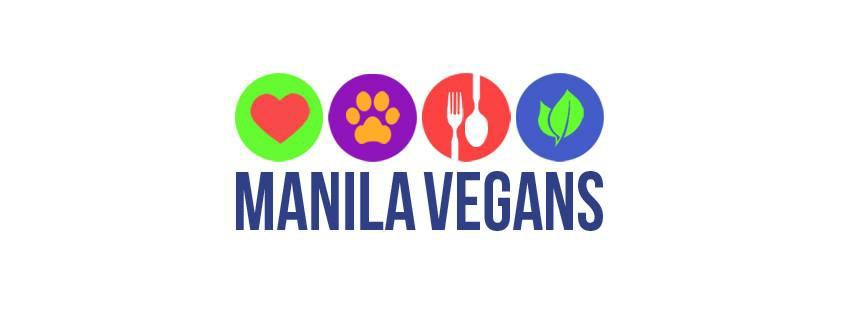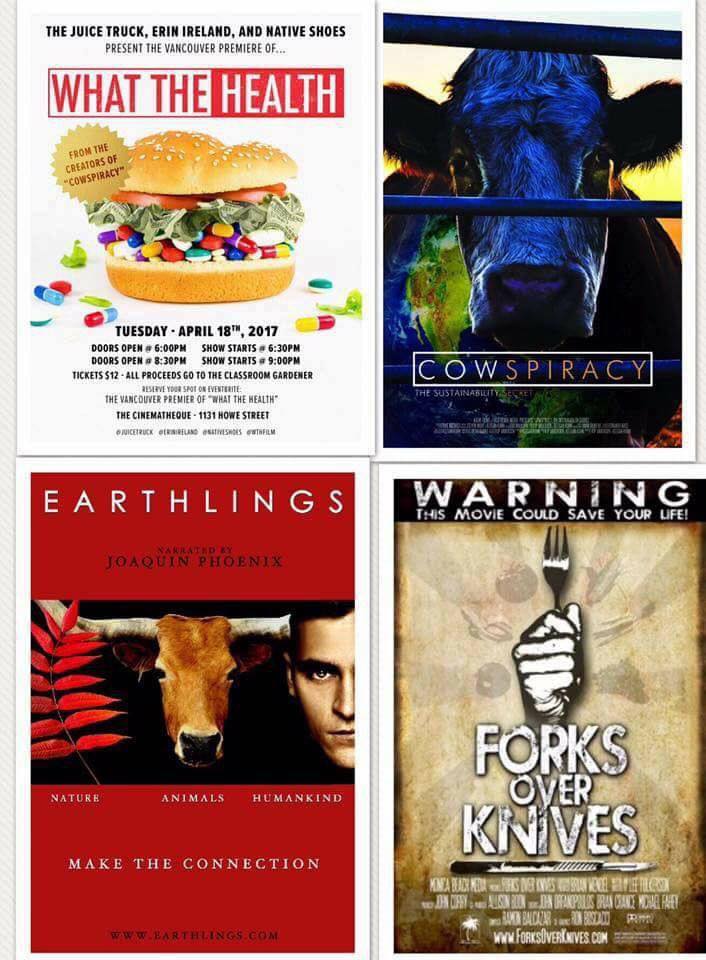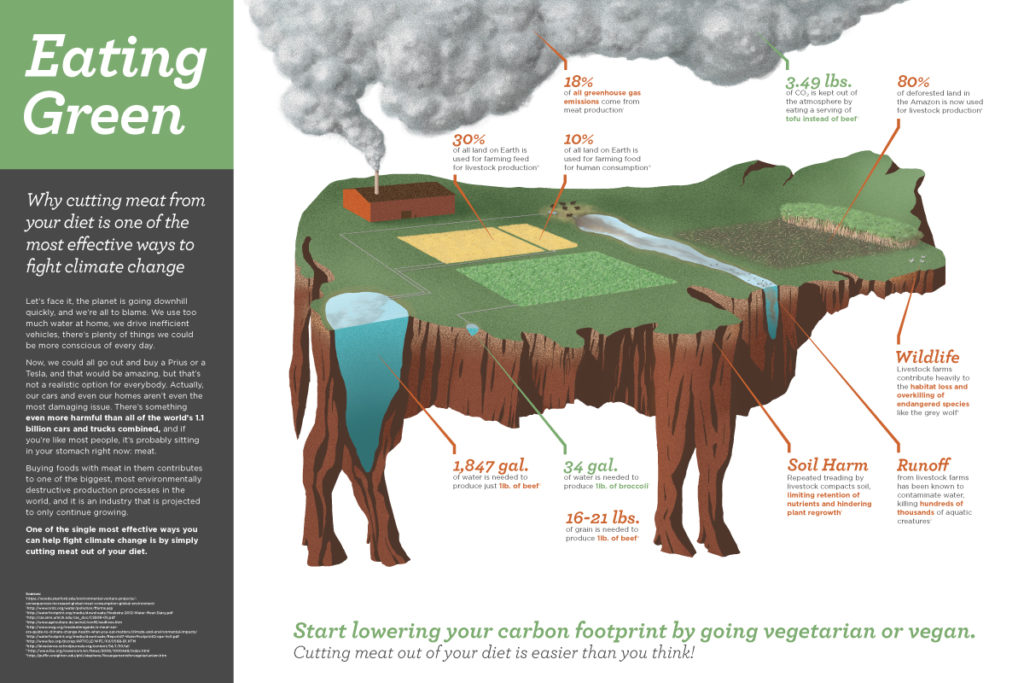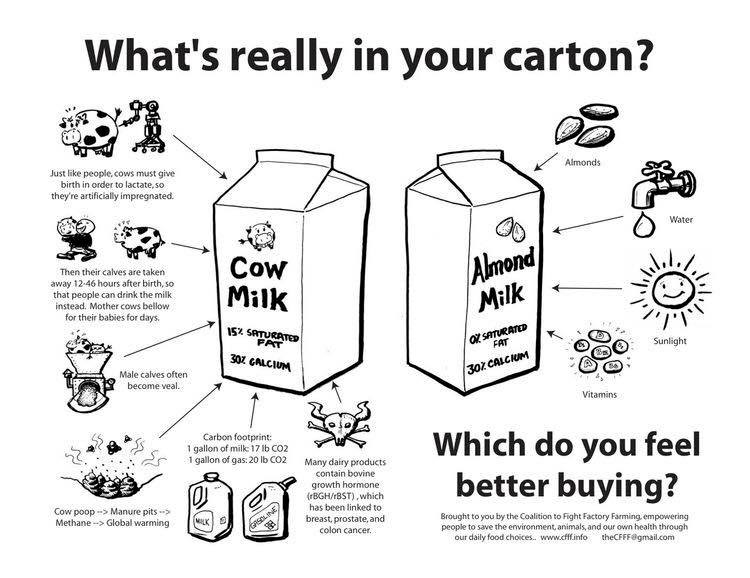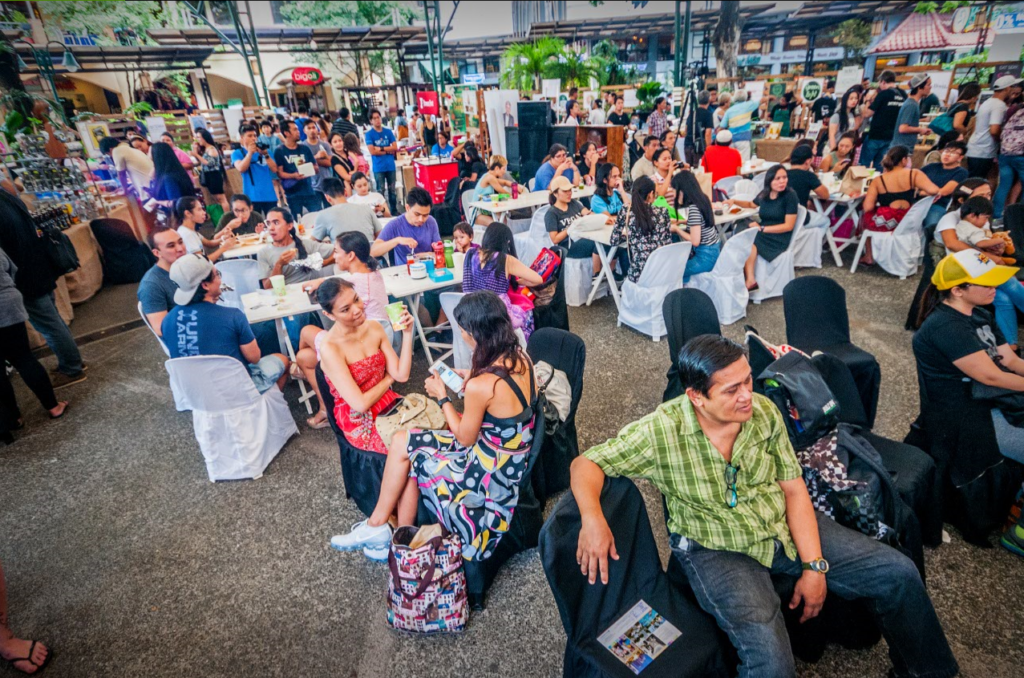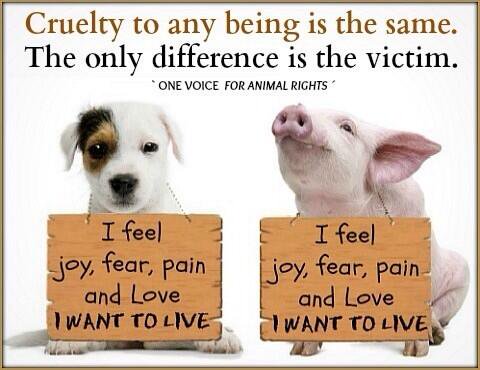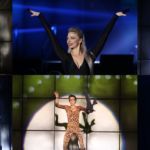DISCLAIMER: All views and opinions expressed in this post are solely those of the contributor/s and do not represent those of InqPOP! and INQUIRER.net.
All InqPOP! Creator Community submissions appear “as is,” without any editorial intervention. The InqPOP! staff assumes no liability for any error in the content of this material.
Submitted by:Peachie Dioquino-Valera
This article might ruin someone’s appetite, so I highly suggest that you read this while not eating anything at all. You may have guessed right. Now, we are going to talk about one of the biggest movements of this year. No, it’s not about the inflow investment of Bitcoin, rather, we’re talking about the V word here. VEGANISM.
I know, I know! Some of you may not want to hear this, but before you change the channel or click exit, hear me out first. Think of it as a “2 birds in 1 stone” Christmas gift: being generous with your time while learning a topic that can help yourself and your family’s future. I promise you, this WILL change your life (and that of the animals and of our Earth) for the better. I’m talking about better not only in the Health arena, but also in mind and spirit. Because this type of lifestyle is not entirely about plant-based diet, but it permeates to our inner core which gives being to our practice of Ethics.
Ethics is a transliteration from the Greek ethike which means “habit” or “custom” and the Latin moralia (from mos or plural, mores) which also means the same thing as above (hence, the word moral). We are not going to delve deep into the topic of Ethics since it branches into different categories and will shoot us back into B.C.E (Before the Common Era), which is a dating coordinate waaaayyy older than our known B.C. (Before Christ). For the purpose of tying this into Veganism, we’ll zone in on its basic definition of its philosophical study of voluntary human actions. This talks about the purpose of determining what activity is good or bad, right or wrong, appropriate or inappropriate, in order for man to live well. Let’s establish too that Ethics undertakes a philosophical discussion of morality which is dissimilar from that of Theology. Ethics is in fact considered a practical science since it is meant to be lived, rather than theorized.
In this piece, I’d like to integrate the involvement of Science, since a lot of technological, scientific, and medical institutions have to be filtered into the Ethics sieve as well. Plus, you’ll get to see how Veganism connects to: Climatology, Atmospheric Science, and Anthropogenics. Truly, knowing our present environmental reality is important in determining our course of actions—and in this part it’s about sustaining the Earth and the Human Race. This is what we mean when we say working for the common good.
The notion of Sustainability is working for the common good. It is ensuring the prolonged existence of our species. Our longevity depends on our planet’s welfare, and the stability of our ecosystem; thus, the need for other species’ continued survival. Be as it may that others think we are the only species that matters, this is simply not the case. Take for example the need for Whales. It’s not only because we want our kids or progenies to know what an actual Whale looks like and not learn it only through colorful pictures under the category Extinct Species, or for their helping grow the economy of countries who rely on whale-watching tourism, we need them because their very nature of maintaining a stable food chain balance things out in Nature. Plus, both their being able to feed planktons via their excrement, and their movement in the waters, help capture carbon dioxide in the atmosphere and keep it stored in the bottom of the ocean. So in a nutshell we must remember that Sustainability is basically sustaining not only human beings’ lives, but that of other species as well.
We know what Economics is, and how an economic system can turn monstrous and counterproductive. We’ve always thought that a continuous economic growth is the way to go, but at what expense? At the expense of our planet? At the expense of other species? Oh yes, and also of human rights? Because the rise of factory farms led to rampant cost cutting, which leads to animal abuse and workers’ rights violations. In addition, there are number of psychological studies now calling out the innate violence of slaughterhouses, which highly impacts the mental health and behavior of the ones working there.
The meat industry economics is very bloody that it just is plain greedy and merciless. Take for example the poultry, to be specific, the chicken meat industry. This is where they would cram all those birds in coops and trucks (I am sure each and every one of us has seen a truck crammed with chickens) to save space and of course, money. These finnicky creatures hate being caged in a tight space (who doesn’t??!) so they peck each other out of stress, pain, and irritation. Because of this they are debeaked, and sometimes declawed without pain killers, so they won’t peck each other to death. Furthermore, you have the issue of bird culling, where they usually get buried alive, and you have chicks grinded still chirping, and so on and so forth. If this isn’t cruel, I don’t know what is.
The seafood industry isn’t an exemption. Fishes feel pain even if they don’t look it. Their mouths alone have 20 or more pain receptors. Eons ago, eating seafood might be considered ‘healthy’, but if you see the state of the Ocean which has thrice the mercury content, and other industrial wastes, or the Tilapia or Cream Dory commercial fish pens you might vomit on spot. The fish pen fishies are all literally swimming in their toxic excrement due to extreme pen overcrowding. There are also evidences that some Tilapia farm owners feed their fishes chicken poo….and we all know what lurks in a turd. It’s deadly. And don’t think for a second that your hoity-toity salmon dish has no fault. Salmon, even if caught handline, and in the freshest waters in the world, is subjected to colorants or dyes that bring about a number of bodily disruptions.
Overfishing and fishing trawlers are ultimate Ocean killers. You’d see shrimp trawlers bulldozing our seafloor and destroying our coral reefs. And we all know that coral reefs are essential for marine life. Just watch Finding Nemo and you’d know what I mean. It’s the life of the Ocean.
Now imagine all this, day in day out, our overpopulated planet gluts over unsustainable food. Everyday. We have infinite needs and we are asking it from a finite planet. Contemplate on that. You can even have an economist rack his/her brain on that thought.
So how does Veganism equate to Sustainability?
With the infographic above, I need not say more; and with more research on your own, you will find out that one of the most effective ways to combat Climate Change is starting with your plates! According to the global estimates found in the assessment report of the Intergovernmental Panel on Climate Change, Agriculture has a staggering 24% contribution to Global Greenhouse Gas Emissions—this is just slightly behind the 25% contribution of Electricity and Heat producing economic sector. The thing is, being in the farm industry, you would also dip into the latter sector since electricity is “a must” resource for the industry to thrive. How else would you power those heavy duty milk-sucking-contraptions? Or those intricate metal monsters that delicately place your eggs into their cartons? This is my basis for the comeback to the statements thrown our way such as: “Don’t tell us what, or what not, to eat! Mind your own business!” or “We hate Vegans because they impose their diets on us.” or “Don’t act as if you’re better than us!” These are all hateful rhetoric that further widens the gap in a supposed fruitful understanding of the big picture. First, what I know is that most vegans, they don’t think they are better; it’s more in line with the thought that they are more ethical since they’ve aligned their principles with their decisions and choices. They may be insistent and persistent yes, but the voice of pleading and their commonsensical speechifying might strike others as preachy. However, their voices are just nothing but pleading ones, greatly emphatizing and hurting over the massacre of animals. Most carnists react instantly with all their defenses up. And it’s human nature. Nobody wants to hear that their diet is unethical (no matter if the label says humanely or ethically slaughtered. The word slaughtered being the operative word); nor that their purchase of milk led to calves’ deaths or a cow’s torture or suffering. But all of this is just part of our ego’s play. If we let go of the Ego, and start listening to what Veganists are saying, then we open ourselves up to a reality which we are a part of. That if we don’t like this utter cruelty, or we want to do something about Climate Change, or make ourselves healthy human beings, then we can make that change.
Change is the one thing that doesn’t change. It’s also one of the things human beings despise from time to time—whatever change that may be. It’s truly difficult to change the palate and habit of people whose meat-eating culture, tradition, and rituals are hardwired into their psyche and stomachs. I must admit. When I started in my Vegan journey, it’s as hard as a metal ball. I am a foodie and I always am adventurous when it comes to eating. It doesn’t help too that my Dad is an amazing cook. However, I discovered along the way, that it becomes easy-peasy when your frame of mind shifts. What got me ditching meat overnight is when I bombarded myself with numerous articles, and went on a Netflix documentary binge. The images and facts shocked me to my core that I instantly vowed to never ingest a dead animal again.
One thing too that helped me with my journey is when I joined the Manila Vegans FB group, and I am just over the moon with the support system that the group has. It is open to vegans and vegan-curious alike. What I like about it is that the founder and admins made sure it was a safe space, and that no trolling, bashing, or hateful language should exist in the group. They also have a one-month vegan challenge where you can seek the help of a mentor when it comes to your transitioning. Plus, there are heaps of vegan meat, dairy, dessert and cheese suppliers here which will definitely aid you in accessing plant-based alternatives. No joke, tis’ very convenient! You can order online or via phone, and they can deliver to you may it be ingredients, planned meals, or even party platters.
Because of this, I decided to interview the group’s founder for this December contribution. In addition, I interviewed too the founder of Vegans of Manila and VegFest Pilipinas—the event I promoted last month. This is a heavenly festival since it brings together culture, entertainment, edifying talks & workshops, and of course, food & non-food merchandise!
I would want to share the insights of two amazing vegans via my short interview because their sentiments, philosophies, and experiences are just refreshing and inspiring.
Manila Vegans was founded by Nancy Siy. She is a yoga teacher and the style that she teaches is called Jivamukti Yoga (www.manilajiva.com). She incorporates philosophy, meditation, and non-violence in the practices.
The one who founded VegFest Pilipinas and Vegans of Manila is Jaq Abergas. She is also the co-owner of Jertie’s Kitchen, and a freelance features & script writer
1. How and when did you come across Veganism? Did you immediately become sold on it and decided to become a Vegan? What pushed you towards taking that shift?
NS: On Nov 8, 2009, I received PETA’s vegan starter kit at a market and I read an article about the downed cow on his way to slaughter. What struck me the most was that this was someone who was deprived of water for days, because he was treated as a “thing” that’s going to be “disposed of” anyway. That same day, I decided to stop eating meat. I decided I was vegetarian. I threw away all the meat that I had in my home. I spent that month reading and listening to anything about animal rights and understood that eggs, dairy, and other animal products were violent too. One day within that first month, someone offered me a cupcake and even though it tasted delicious, I couldn’t enjoy it and in fact felt disgusted that I ate something that involved such cruelty. I went home that day to do another round of cupboard cleaning. Then I decided without a doubt that I cannot be anything less than a vegan.
JA: I first came across the word vegan in 2012. I was living in NYC and about to move back to Manila when a vegetarian friend took me out for a last meal in a vegan cafe. At that point, I was eating a lot of vegetables but it was only eating vegetable dishes. I have never come across vegan food until that time in 2012. I was so surprised with the vegan food we ate and I kept asking the entire meal if it really was vegan because so much of it is like its meat version.
But that didn’t really inspire me to go vegan immediately. It wasn’t until I was back in Manila a few months later that I started looking into a vegetarian diet. I was mostly looking for recipes and I came across the PETA site and saw their video features. I just watched video after video of animal cruelty and I told myself I can’t contribute to this cruelty. So I made a decision to go vegan.
2. Was it easy for you to transition? What were the hurdles you encountered along the way?
NS: In terms of eating vegan food, I made a few mistakes in the beginning mainly because I didn’t know how to read ingredients and I didn’t have a smartphone at that time to easily look things up. I never experienced any craving or temptation or desire to consume anything non-vegan. The biggest challenge was the realization that even as I had made a more compassionate choice, the world seems oblivious to animal suffering, and as I appealed to people around me, it seems my pleas have fallen to deaf ears. That’s the most difficult part of being vegan.
JA: It took me 8 months to go from omnivore to vegetarian to vegan. It wasn’t easy but it wasn’t too hard for me. I’ve always been strong-willed so I know that when I decide to do something, it’s because I really want to. So I started by eliminating food groups one by one, starting with red meat and eggs last. It was definitely a challenge going to different restaurants, ordering vegetable dishes only for it to come out topped or mixed with animal products. And it’s also a challenge when going to potluck meals with family because 99% of the time, I’d have nothing to eat (except rice and kakanin) so I eat beforehand or end up hungry.
3. Veganism, does it mean eating plant-based meals? Or is it more than just a diet?
NS: Veganism is the belief that all use of animals is not ethically acceptable, be it for food or clothing or entertainment etc. Veganism emphasizes that it is not about how animals are treated (factory farm or free range), but it is about changing the speciesist view that animals are ours. They are not ours! We do not treat them like machines or commodities.
4. How do you convince people to consider, or at the very least check out, Veganism? What is your strategy in addressing the common defensive and reluctant reactions?
NS: My strategy is basically this: (1) Make people see their own goodness and compassion and capacity to care, (2) show people that the cruelty in animal use industries have been hidden from us all these years, so it’s not our fault we didn’t make the connection (3) show the horrible reality that the innocent animals are subjected to every single day in our non-vegan world, and (4) let them know they will be supported in their choice to be vegan.
5. Do you think that the Vegan market or products can cater to Filipino citizens in the lower bracket? A lot of people believe the Vegan diet is only for the rich and middle class, is that true?
NS: Eating vegan could be as cheap or as expensive as you want it. Eating cheap means going to the palengke and cooking your own food, with one serving coming out to P20 or less. This way of eating is healthier too. You can also splurge by buying specialty products like vegan burgers, vegan cheeses, vegan butters, vegan mayos, vegan ice creams etc. There are many ways to live vegan, whenever it’s more convenient you’d have to pay a premium for that convenience. Whenever you are willing to prepare food on your own, the cost goes down a lot more. This is also true of non-vegan choices by the way, so expense is not an excuse not to go vegan, as veganism is accessible to anyone who wants to make it work.
JA: There are actually several vegan merchants who already do this. Some of them were part of VegFest Pilipinas and some of them are not. But one thing Vegans of Manila and VegFest Pilipinas do is promote them so people know about them and support them. Yes, a lot of people think veganism is expensive. It can be expensive but it doesn’t have to be. And we try to show them how it can be affordable, for any budget.
6. What do you think are the challenges of the V movement?
NS: The meat, dairy, egg, and other animal use industries have been so successful for so long in brainwashing people, that many people blindly advocate for them not knowing they are destroying their own health and the environment on top of killing innocent animals. The challenge is that these industries have tons of money to spend on advertising, marketing, sponsored “studies” etc. They can easily buy billboards in EDSA or buy TV ad spots in prime time shows to once again mislead people about non-vegan choices. The ones who promote veganism are ethical vegans who don’t have that kind of money. You can just imagine how this normalizes non-vegan choices and makes veganism appear extreme. The good news, though, is that social media has been helping the vegan movement a lot. We are able to get information out even as we don’t have the kind of money these industries have. And as we often say in the vegan movement, the truth is on our side!
JA: The main challenge really is undoing centuries of meat-eating and the propensity of the people to stay in their comfort zone. We get it. It’s so frustrating, living in this angry world, so people tend to stay in their comfort zone because they want something comfortable, something familiar. That’s why we recognize that planting seeds of compassion and veganism will take a while. More than majority of vegans in the Philippines were not born vegan so we have been through that doubt. But we won’t stop planting seeds until all people learn to live more compassionately, more consciously, and more mindfully.
7. What would be your advice for people who would want to start or try the Veganism journey?
NS: Watch Earthlings, What the Health, Forks Over Knives, and Cowspiracy. Once it is clear why veganism is the answer to so many problems, the “how” becomes a lot easier. We host a free 1-Month Vegan Challenge so the person who feels intimidated by making what appears to be a drastic change can get all the support they need! They are assigned mentors who will metaphorically hold their hand in their first month as a vegan. We want to be supportive and make this experience positive and life-affirming. The more vegans we make, the more animals we save!
JA: Go simple. There’s no need to go over the top and complicated with it. Just go with what you know. It’ll be scary and overwhelming so just go with simple for now. Let yourself ease into it. Always look for a support buddy, who will remind you of what you’re doing, especially during those times that people will judge you. Vegans of Manila will give you the support you need.
And most importantly, always read, always ask, never stop learning what you can about veganism. I’ve been vegan for years now but I still am learning something new everyday about it.
And always remember, no one can be a perfect vegan but that should not stop us from creating the least harm with our decisions. In this angry world, choose to be kind, not right.
8. Why do you think majority of our doctors still shun the plant-based diet?
NS: Most doctors are trained to deal with symptoms, not prevent diseases. When they take up medicine, they don’t get to study full nutrition courses. Many conventional doctors are also funded directly or indirectly by the pharmaceutical industries. Their target is to prescribe medicine, not to prevent people from getting sick in the first place.
9. For example you were invited to a party, and you’d see lots of meat dishes. Then a sudden surge of anger, bitterness, frustration, and sadness overwhelms you. What do you do when it hits you? How do you process your emotions?
NS: I accept that these emotions exist because I am connected to the injustice that is inflicted upon the animals who never did anything wrong. I find the right time and place to express or sit with these emotions, either with fellow vegans, or in my own private space. When in public, I have to sometimes pull back the anger that I feel inside. The thing about being an advocate for animals is that we have to think of ourselves as ambassadors. We have to find the right time to talk to non-vegans about veganism.
10. In Manila Vegans, you have a 30-day mentorship program for newbies. What is its success rate?
NS: I don’t have a percentage number, but I agree that a measurement would be very helpful. Anecdotally, I can say that many of the people who’ve taken the challenge have become committed vegans. Some become mentors themselves. Some become very active in animal rights efforts.
11. Tell us how Vegans of Manila started and how it evolved into VegFest Pilipinas? What prompted you to choose a festival as another platform for your Veganism movement? Was it effective?
JA: Vegans of Manila started as an Instagram account inspired by a similar account in Sydney. I wanted to show Filipinos that, although it may be a challenge, it’s still possible to eat vegan food in different restaurants in Metro Manila. I’ve been posting regularly on the Vegans of Manila social media pages since 2013, the year I went vegan.
Because of Vegans of Manila, I met and connected with other Filipino and Manila-based vegans, who had the same vision that they wanted to do more for the vegan community in the Philippines. At first, I scoffed at the idea, believing the idea and project were too big for me. But I couldn’t shake the idea off and I started talking to my partners. 1 year later, we started planning VegFest Pilipinas, and 6 months later, we pulled off the first ever and biggest vegan festival in the Philippines!
12) What is your vision for the VegFest next year? Are there things you would like to change or improve?
JA: We don’t plan our themes until the year itself because we want to see what the pertinent issues are at that time. My partners and I have to agree on the theme though. And yes, there is always room for improvement, that’s why it’s always important to get feedback from the attendees and merchants. We always have an assessment meeting after VegFest to discuss this.
One thing that won’t change though is the encouragement and promotion for attendees to live more consciously not only through veganism but a zero-waste lifestyle as well. Vegans of Manila promotes animal rights and, at the same time, promotes care for the environment.
That’s about it! I hope this little ol’ tribute-to-Veganism-piece at least encouraged some of you to learn more about the conscious and compassionate movement. Hoping that it can be the start of us not thinking of animals as abstraction; and that plant-power is one of the things that can prevent֫—and even reverse—diseases; and realizing that the popular food and lifestyle choices is killing Mother Earth one carnivorous plate, or one leather bag after the other. It starts with feeding the mind with truth, and I assure you, once you go Vegan, you wouldn’t want to go back.

